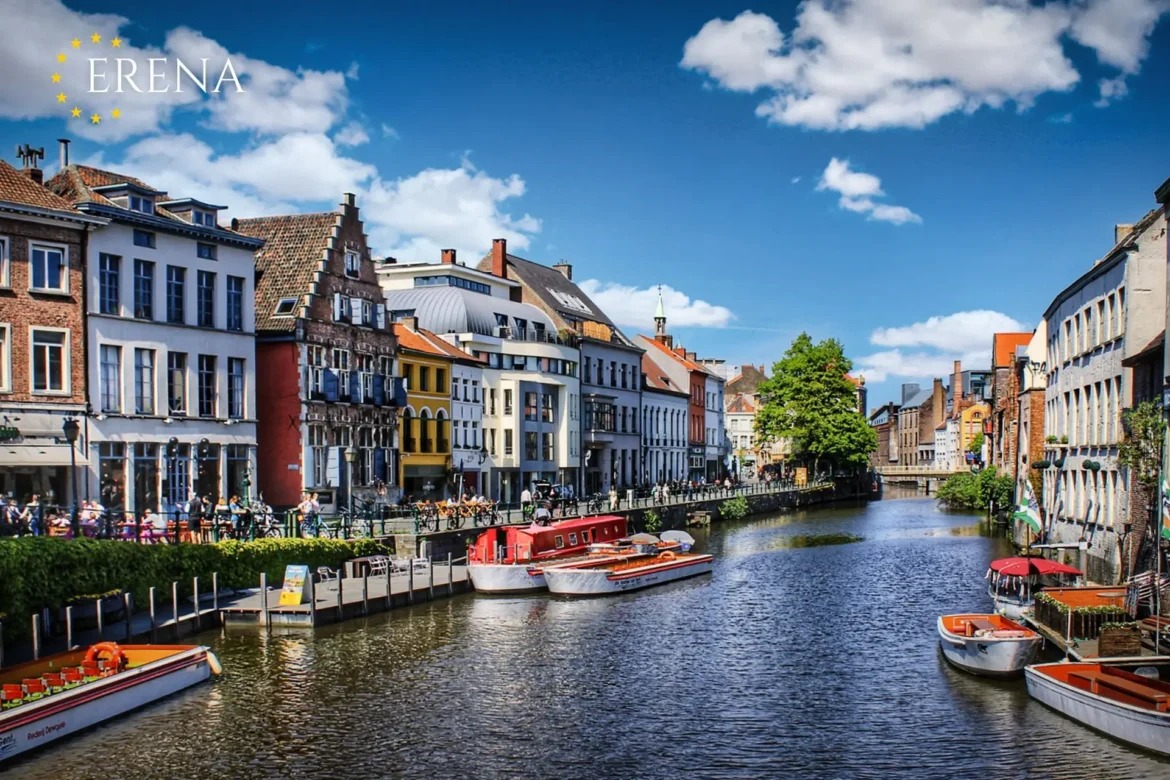In recent years, Ghent has become one of Europe’s leading cities in implementing sustainable building practices. The city authorities actively support initiatives related to energy efficiency and environmentally friendly technologies. Today, green building certification is becoming the standard for most new constructions and renovation projects. This article explores the certification systems used in Ghent, their requirements, costs, and the benefits they bring to developers and residents.
Major Green Building Certifications
Several international certification standards are in use in Ghent, including:
🏗 BREEAM (Building Research Establishment Environmental Assessment Method) – One of the most widely used standards, assessing energy efficiency, material use, environmental impact, and indoor climate quality.
🌱 LEED (Leadership in Energy and Environmental Design) – A U.S.-based certification system applied in Europe, evaluating the use of renewable energy, water conservation, and innovative technologies.
🏢 Passivhaus – A German standard focused on ultra-low energy consumption in buildings.
⚡ EPC (Energy Performance Certificate) – A mandatory European energy efficiency certification required for property sales or rentals.
Certification Costs
Obtaining certification requires a significant investment but pays off through reduced operating costs. On average:
💰 BREEAM – From €5,000 for small buildings to €50,000 for large commercial projects.
💰 LEED – From €7,000 for residential buildings to €100,000 for multi-functional complexes.
💰 Passivhaus – Additional construction costs range from 10% to 20% of the total project budget.
Government Support and Subsidies
Ghent’s city administration actively encourages developers to adopt green technologies. Available support includes:
🏛 Subsidies for energy-efficient technologies – Up to €15,000 for installing solar panels and improving building insulation.
🌍 Low-interest loans – Special financing from banks at reduced rates for green building projects.
🔋 Energy-efficient home programs – Property tax reductions of 30% for certified buildings.
Benefits for Businesses and Residents
Green building certification offers numerous advantages for property owners and city residents:
🏡 Lower utility costs – Energy consumption is reduced by 40–60%.
🏗 Higher property value – Certified buildings sell for 10–15% more than conventional properties.
🌱 Healthier indoor climate – The use of eco-friendly materials and advanced ventilation improves air quality inside buildings.
🌍 Reduced CO₂ emissions – Long-term reduction of a building’s carbon footprint.
Conclusion
Ghent is steadily moving towards sustainable and energy-efficient construction. The adoption of BREEAM, LEED, Passivhaus, and EPC standards is becoming the norm for new buildings, while government financial support makes these certifications more accessible for developers. As a result, residents benefit from more comfortable living spaces, and businesses gain long-term savings on operational costs. Green buildings are not just a trend but the future of Ghent’s urban architecture.

